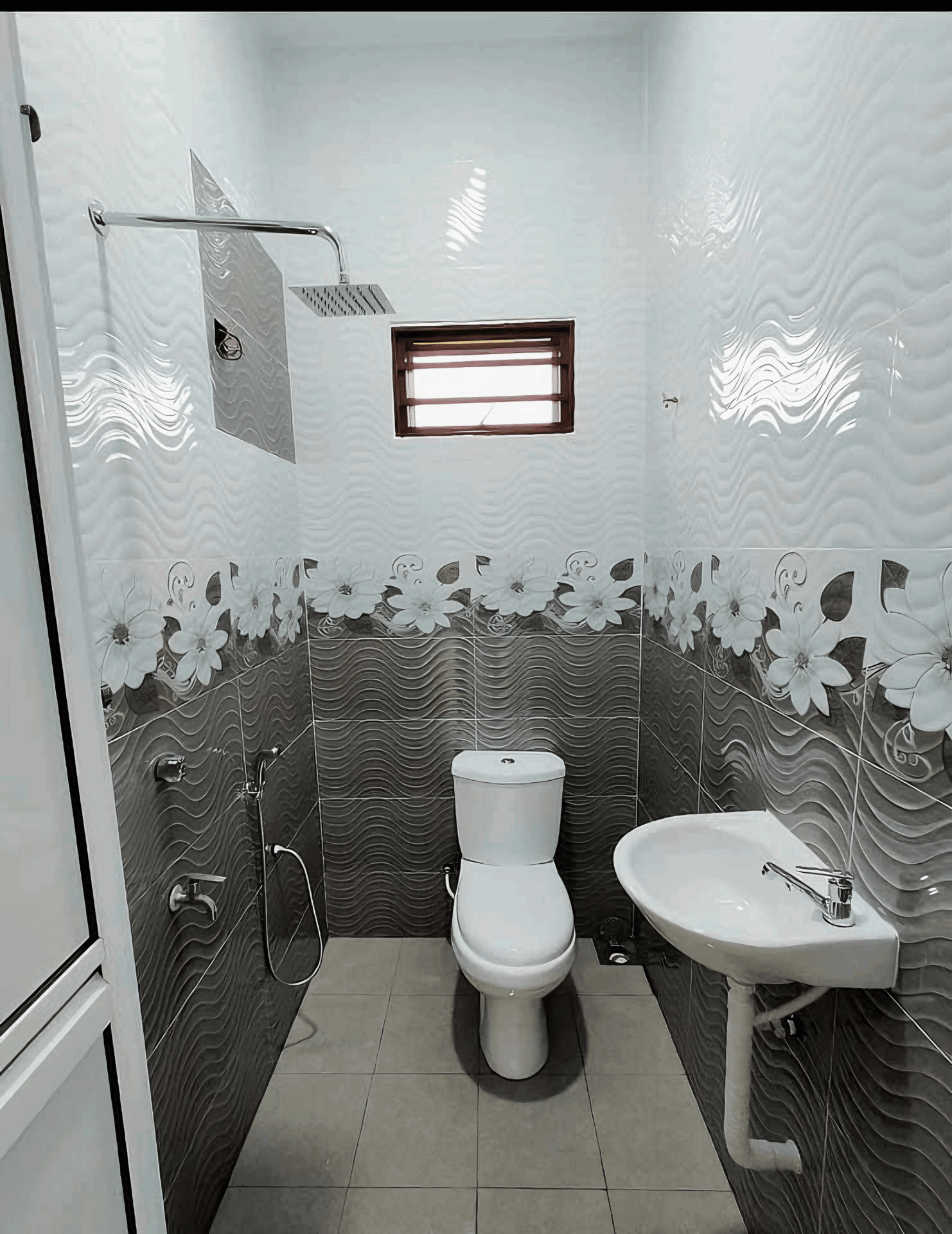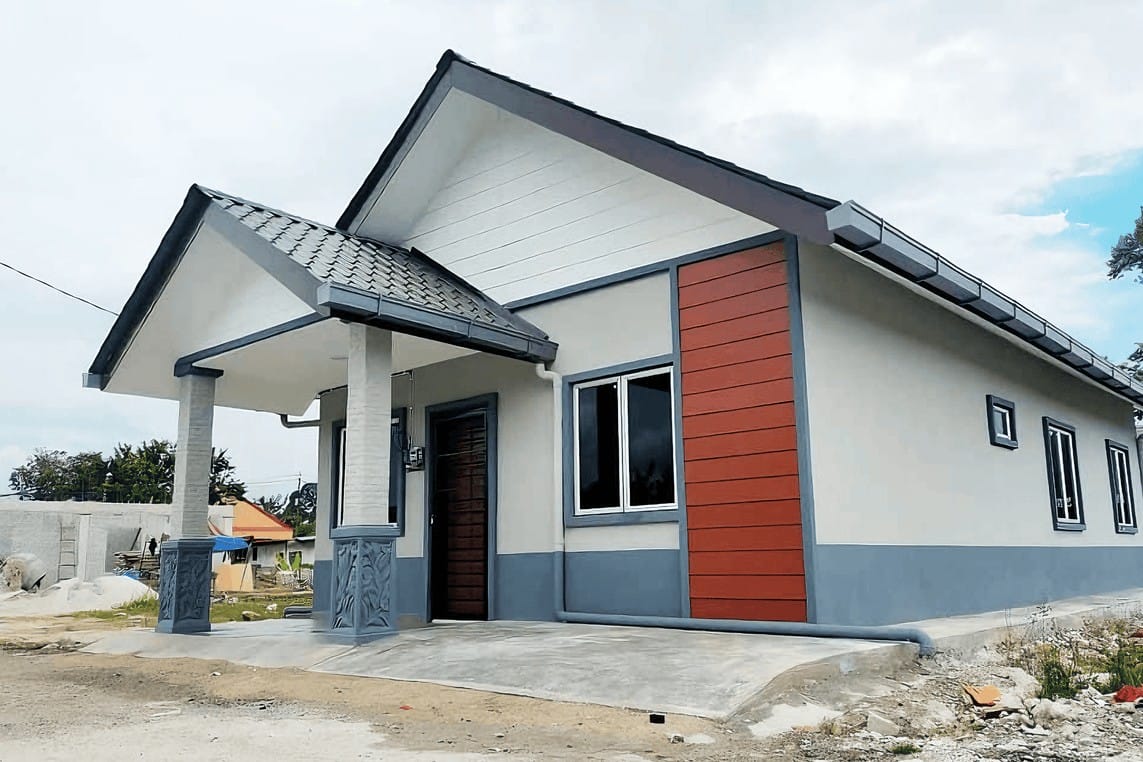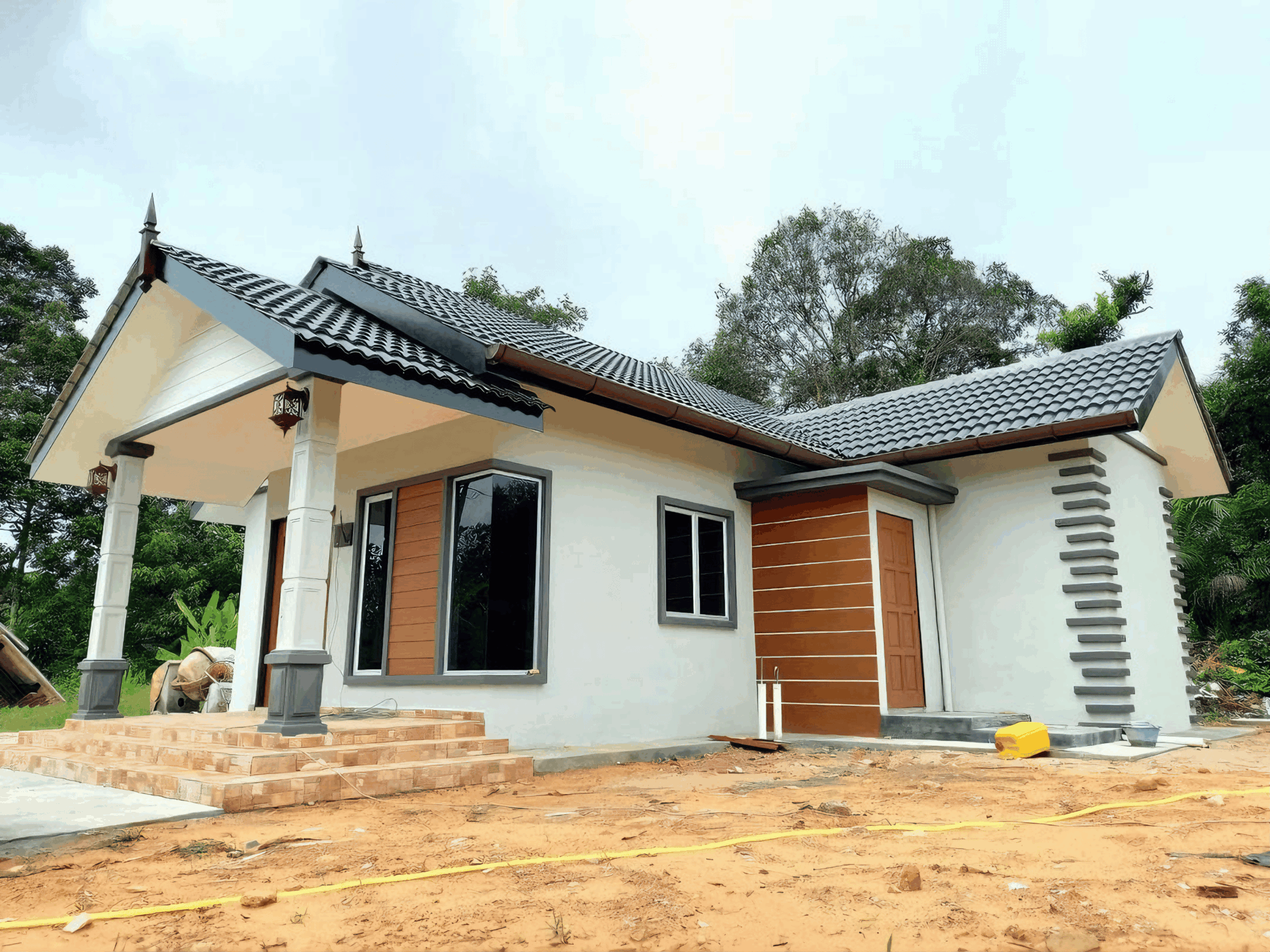[ad_1]
When it comes to project management, especially in the ever-evolving world of construction, there’s no shortage of beliefs and assumptions floating around. Some might say it’s all about strict deadlines, while others might think it’s merely about keeping a budget in check. But how true are these so-called “facts”? In Malaysia, where modern construction projects are booming, local experts have been busting some myths that have long dominated the landscape. In this article, we’re diving into ten common project management misconceptions and shedding light on what really works in our unique environment. Get ready to challenge what you thought you knew and discover the secrets behind successful project management straight from the pros in the field!
Understanding the Illusions: Common Misconceptions in Project Management
In project management, several misconceptions can cloud our judgment and lead to inefficient processes. One common myth is that successful projects are solely the result of a good plan. While planning certainly lays the groundwork, it’s the flexibility and adaptability of the team that truly make the difference. Experts emphasize that reacting sensibly to changes and unforeseen challenges is just as crucial as having a solid plan in place.
Another prevalent illusion is that the more time and resources you throw at a project, the better the outcome. However, seasoned project managers in the Malaysian construction industry know that inefficiency can often escalate with increased resources. Instead, they focus on optimizing existing resources and streamlining processes. It’s not about how much you have but how well you use it that counts.
A particularly stubborn myth is the belief that project management tools are a cure-all for project woes. While these tools are undoubtedly helpful, their effectiveness relies heavily on the team’s understanding and effective communication. Without a cohesive team dynamic, even the fanciest software won’t save a failing project. Hence, Malaysian construction experts stress the importance of building strong communication channels and foster a collaborative culture for project success.

Cultural Nuances: How Malaysian Practices Influence Project Success
Cultural nuances play a pivotal role in the dynamics of the Malaysian construction industry, directly influencing project outcomes. A deep-rooted understanding of local practices and traditions can significantly enhance collaboration among project stakeholders. For instance, the importance placed on relationship-building in Malaysian business culture fosters trust, which is essential for successful project execution. Emphasizing personal connections often leads to smoother negotiations and problem resolutions, ultimately driving project timelines toward success.
Moreover, the concept of ‘gotong-royong’, or mutual assistance, is prevalent in many Malaysian communities and has a profound impact on teamwork within project management. This spirit of collaborative effort means that teams often go beyond their formal responsibilities to help each other, be it through sharing resources or expertise. Recognizing and leveraging this communal approach not only improves team morale but also enhances productivity and resource efficiency on construction sites, paving the way for smoother project delivery.
| Practices | Impact on Projects |
|---|---|
| Building Relationships | Enhances trust among stakeholders |
| Gotong-Royong | Improves teamwork and productivity |
| Cultural Sensitivity | Reduces conflicts and misunderstandings |
Malaysian project managers often emphasize cultural sensitivity, which is crucial for managing diverse teams effectively. With a multicultural workforce, understanding different customs and values can help bridge communication gaps. Implementing practices that respect and acknowledge the diverse backgrounds of team members not only fosters an inclusive work environment but also promotes a sense of belonging, enhancing overall project efficiency. As Malaysian practices integrate deeply into the project management landscape, they reveal that success is indeed not just about plans and deadlines, but about people and connections.

The Role of Technology: Debunking Digital Myths in Construction Projects
When it comes to the construction industry, technology often gets a bad rap. Many believe that the adoption of digital tools complicates the project management process instead of streamlining it. However, this couldn’t be further from the truth. Malaysian construction experts stress that integrating technology can enhance collaboration and transparency, leading to smoother operations and better project outcomes. With tools like Building Information Modeling (BIM) and project management software, teams can visualize projects in real-time, allowing for more effective communication and quicker problem-solving.
Another common myth is that technology is too expensive for small to medium-sized construction firms. While it may seem like a hefty investment upfront, the long-term savings and efficiency gains can outweigh initial costs. Consider the following points:
- Reduction in project delays and rework
- Improved budgeting and forecasting capabilities
- Enhanced safety protocols through real-time data tracking
These advantages ensure that companies not only stay competitive but also see a return on their investment. To illustrate this, let’s look at a simple comparison:
| Traditional Methods | With Technology |
|---|---|
| Paper-based plans | BIM for previews |
| Independent scheduling | Automated timelines |
| Manual updates | Real-time tracking |
Lastly, there’s a pervasive belief that digital tools are only beneficial during the construction phase, but that’s simply not the case. Experts highlight that technology plays a crucial role throughout the entire project lifecycle—from initial planning, through design, and into operation and maintenance. Utilizing cloud storage and project management apps can keep all stakeholders aligned, regardless of their geographical location. This realignment of workflow offers unprecedented agility, allowing teams to adapt to changes swiftly and maintain effective project momentum.

Communication Breakdown: Overcoming the Myth of Minimal Stakeholder Engagement
In the fast-paced world of construction, the idea that engaging with stakeholders is a time-consuming extra can lead to serious pitfalls. Many professionals believe that minimal engagement will keep projects streamlined and efficient, but this couldn’t be further from the truth. Active communication helps to identify potential issues before they become problems, fosters collaboration, and ensures that everyone involved is on the same page. The Malaysian construction industry has realized that neglecting stakeholder input often results in costly delays and rework.
Let’s break it down: when stakeholders feel sidelined, it diminishes their trust and confidence in the project. Building relationships through regular updates and feedback loops can cultivate a positive environment where everyone feels valued. Consider the key benefits of consistent stakeholder communication:
- Enhanced decision-making: With diverse perspectives, teams can make informed choices.
- Increased ownership: Engaging stakeholders encourages them to take responsibility for outcomes.
- Better risk management: Early detection of concerns can mitigate potential threats to project timelines.
To put this into context, let’s look at a quick comparison of projects with different levels of stakeholder engagement:
| Engagement Level | Project Outcome |
|---|---|
| Minimal | Increased delays, poor communication, cost overruns |
| Moderate | Some collaboration, moderate satisfaction, minor issues resolved |
| High | Streamlined processes, shared vision, successful outcomes |
embracing robust stakeholder engagement is not just a best practice—it’s a necessity. As construction projects in Malaysia grow in complexity, the benefits of fostering communication will far outweigh any perceived drawbacks. By shifting from a minimal approach to a more inclusive strategy, project managers pave the way for success while enhancing the experience for all involved.

Budgeting Realities: Addressing the Misunderstanding of Cost Management
When it comes to managing project costs, many believe that budgeting is simply about cutting corners and minimizing expenses. This is a fundamental misunderstanding that can lead to disastrous outcomes. Effective cost management goes beyond just slashing numbers; it’s about making informed decisions, leveraging resources wisely, and ensuring quality isn’t compromised. The key is to establish a solid budget that accurately reflects the project’s scope, timelines, and resource needs.
To truly grasp the realities of budgeting, it’s essential to recognize the various components that contribute to a project’s overall costs. These can include:
- Direct Costs: Expenses that can be directly attributed to the project.
- Indirect Costs: Overhead costs that aren’t directly linked to a specific project.
- Contingency Reserves: Funds set aside for unexpected expenses or risks.
| Cost Type | Description | Example |
|---|---|---|
| Direct Costs | Expenses directly linked to project activities | Materials, labor costs |
| Indirect Costs | General expenses not tied to specific projects | Admin salaries, utilities |
| Contingency Reserves | Funds for unforeseen situations | Extra budget for delays |
Moreover, it’s crucial to adopt a proactive approach when it comes to cost management. Regularly updating the budget in relation to project progress helps keep everything on track and allows for early identification of financial discrepancies. Utilizing tools like Gantt charts or budgeting software can aid in visualizing costs effectively. Remember, great projects aren’t just about what you spend but how well you plan and manage your finances to ensure smooth sailing from start to finish.

Time Constraints: Rethinking Deadlines in the Malaysian Construction Landscape
In the fast-paced world of construction, the pressure of deadlines can often lead to disbelief in the flexibility of timelines. Many professionals fall into the trap of viewing deadlines as unbreakable rules rather than guidelines that can be adapted. In Malaysia, where the construction landscape is as dynamic as the country itself, it’s crucial to rethink how we approach these timelines. Experts suggest that managing projects might actually benefit from a more fluid understanding of deadlines, allowing for adjustments based on the realities of the field.
Consider this: when faced with unexpected challenges—be it a delay in material supply or the sudden need for design changes—project managers tend to panic. Instead of adhering strictly to original timelines, they could adopt a more strategic approach. For instance, embracing lean construction principles encourages continuous process improvement and waste reduction. This not only helps in accommodating changes but can also lead to quicker turnarounds. The following practices can be really helpful:
- Engaging stakeholders early: Early involvement can identify potential delays before they happen.
- Flexible scheduling: Use Gantt charts that allow for resource reallocation as needed.
- Regular progress reviews: Frequent check-ins ensure everyone is on the same page and can adapt as needed.
A clear understanding of project timelines can also help prevent burnout among workers, which is particularly important in maintaining morale in the Malaysian construction industry. Instead of pushing teams to meet unrealistic deadlines, leaders can promote a culture that celebrates milestones. This shift not only improves team dynamics but also enhances overall productivity. Here’s a quick overview of potential benefits:
| Benefits of Rethinking Deadlines | Impact on Projects |
|---|---|
| Reduced Pressure | Leads to better decision-making |
| Enhanced Collaboration | Strengthens team relationships |
| Increased Satisfaction | Results in higher quality work |

The Value of Flexibility: Challenging the Myth of Rigidity in Project Planning
In the realm of project management, there’s a prevalent notion that plans must be strictly adhered to, leaving little room for adjustments. However, project management experts in the Malaysian construction industry challenge this dogma, emphasizing that adaptability can often lead to better outcomes. This flexibility allows teams to respond to unforeseen challenges, from weather disruptions to supply chain issues, ensuring that projects can stay on track without compromising quality.
Think of flexibility as a dynamic dance rather than a rigid march. By embracing a more fluid approach, project managers can foster an environment that encourages innovation and collaboration. Regular feedback loops, iterative planning, and stakeholder engagement create a culture where ideas can evolve, ensuring the project stays relevant in a rapidly changing environment. Key benefits of this flexible methodology include:
- Improved Problem-Solving: Teams can pivot direction quickly when issues arise.
- Enhanced Stakeholder Satisfaction: Regular updates allow for alignment with client expectations.
- Increased Team Morale: A more participative approach nurtures a sense of ownership and commitment.
| Flexibility Benefits | Impact on Projects |
|---|---|
| Quicker Adaptation | Reduces downtime and accelerates timelines. |
| Risk Mitigation | Helps identify potential pitfalls early on. |
| Resource Optimization | Maximizes the use of available resources effectively. |
Ultimately, embracing flexibility transforms the project management landscape. Malaysian construction experts assert that when teams adopt a proactive rather than a reactive stance, they can not only navigate challenges but also unlock new opportunities for growth and improvement. The traditional perspective of rigidity may offer a false sense of security, but it’s the ability to adapt and innovate that truly sets successful projects apart.

Expert Insights: Recommendations for Successful Project Management Practices
To navigate the complexities of project management in the Malaysian construction industry, experts recommend a few key practices that can lead to successful outcomes. One of the most crucial strategies is the efficient communication among all stakeholders. This involves using advanced collaboration tools and regular meetings to ensure transparency and shared understanding. It’s essential to establish clear roles and responsibilities to minimize overlaps and confusion.
Another vital insight is the importance of adaptive project planning. In a rapidly changing environment, having a rigid plan can be counterproductive. Instead, project managers should embrace flexibility, adjusting timelines and resources as necessary. Utilizing agile methodologies can help teams respond to challenges swiftly, allowing for iterative progress and continuous improvement. Incorporating feedback loops can further enhance project strategy, ensuring that all voices are heard, including those from the ground level.
the integration of technology in project management is a game-changer. By leveraging tools such as Building Information Modeling (BIM), managers can visualize the entire project lifecycle, leading to informed decision-making. Additionally, investing in training for the team to utilize these technologies effectively can enhance productivity and reduce errors. In this ever-evolving sector, staying ahead with tech innovations can set a construction project apart from competitors.
Closing Remarks
And there you have it, folks! We’ve just peeled back the layers on those pesky project management myths that often cloud the construction scene. Thanks to insights from our local Malaysian experts, it’s clear that understanding the true dynamics of project management can really make or break a construction project.
Whether you’re a budding contractor, a seasoned project manager, or just someone interested in the industry, it’s vital to equip yourself with the right knowledge. Myths can lead to costly mistakes and missed opportunities, so let’s keep the facts straight and the projects flowing smoothly!
So the next time someone shares a “common knowledge” about project management, you can step in with confidence, backed by what we’ve learned together today. Remember, knowledge is power, especially in the world of construction. Let’s keep breaking down those barriers and building a future filled with success. Until next time, stay curious and keep building!












